Warning: The following article contains spoilers for Arcane season one.
Based on the notorious character from popular online video game League of Legends, new animated series Arcane‘s Jinx is hardly the picture of mental stability. Experiencing emotional meltdowns, making reckless decisions, and suffering paranoid fantasies with alarming frequency throughout Arcane‘s nine-episode run, Jinx is clearly a person who struggles with severe mental health issues. Although she eventually and tragically transforms into a full-blown destructive force, the vulnerable teenager’s responsibility for her own actions is difficult to assess given her troubled mental state. In the end, it’s hard to label the orphaned loner as one of Arcane‘s villains without asking the obvious question: Does Jinx have a mental illness?
Before we dive further in, it’s important to note that mental illness is a deeply controversial and complicated topic to tackle, both in the real world as well as in movies or on TV. Sadly, in our culture, victims of mental illness are often subject to unfair stereotypes, either owing to ignorant assumptions or sensationalized media. Arcane arguably does a better job than most TV programs of portraying Jinx in a sympathetic light, although it can’t be denied that sensationalism and stereotypes of mental illness do play a role in her depiction. Still, Arcane‘s Jinx, while presented as an overall menace, is undoubtedly portrayed with layers of complexity that humanize her to the audience.
At the end of the day, it’s essential to view Jinx’s violent acts and emotional volatility as separate from any mental illness she may have, especially since many other characters in Arcane who have no such excuse are shown to be capable of violence and sometimes experience significant emotional turmoil as well. Ultimately, Jinx is emotionally unstable and dangerously aggressive because of the environment in which she lives, but is she mentally ill as well?
Jinx (Powder) in Arcane episodes one through three.
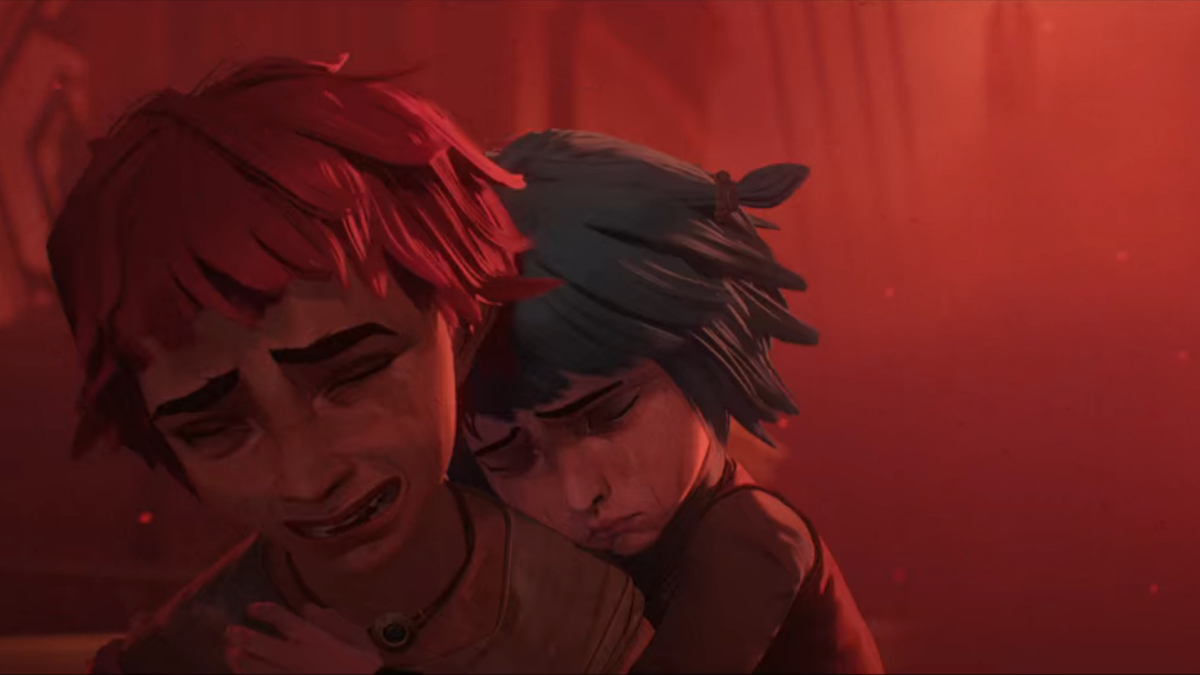
Ironically, when we first see a tiny Powder in Arcane’s first episode, we’re introduced to a very different sort of girl than “Jinx.” In fact, the first sound we hear is Powder singing a song while covering her eyes to calm herself as she walks with Vi amid wreckage and corpses. While Vi completely breaks down when they come across their dead parents, a grieving Powder is able to maintain much of her composure, still possessing the presence of mind to comfort her crying sister.
However, a few years later, Arcane’s sisterly dynamic has totally reversed, with Powder’s involvement in Vi’s burglary missions raising her stress and lowering her confidence. Although smaller and weaker than her siblings, she is expected to perform at the same level. Her failures are frequently brought up, while little note is taken of her successes.
From early on in Arcane, Powder is revealed to be a promising inventor and an excellent shot. She is able to keep up with the older kids surprisingly well for her age. Although she lacks their fighting abilities and experience, she constantly finds creative ways to evade capture, such as running, hiding, or creating a distraction.
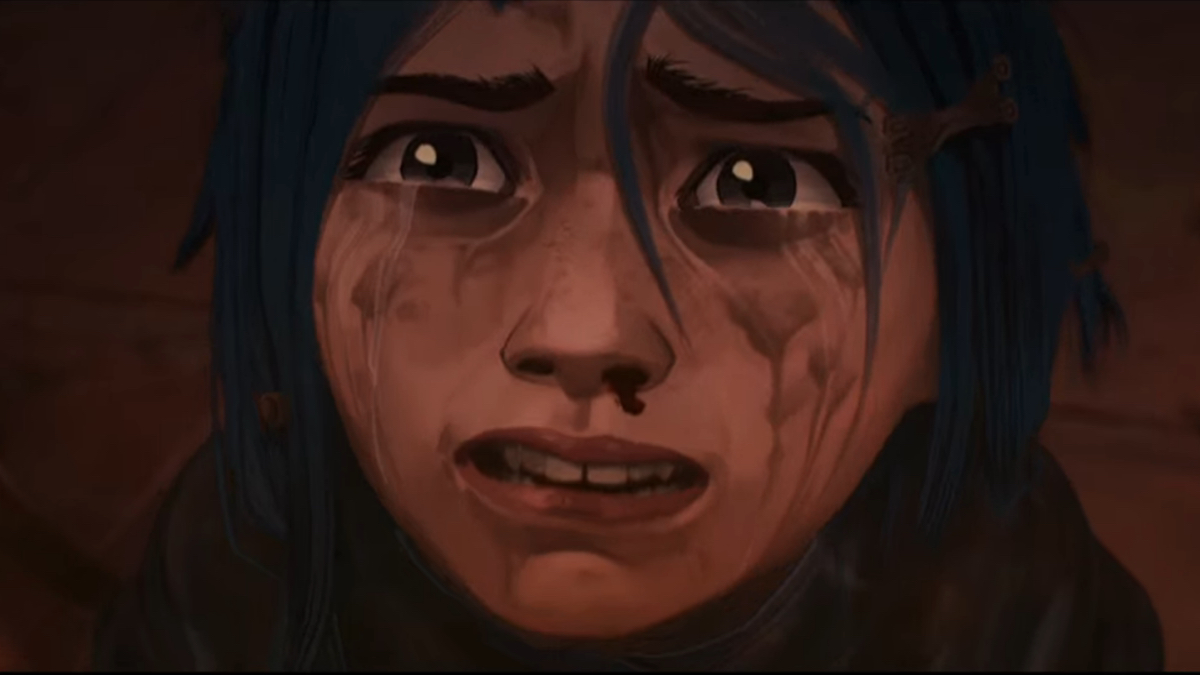
Powder’s skills are lost on a group that mostly values obvious physical prowess. Their disappointment isn’t lost on the little girl, who wants more than anything to prove her usefulness, especially to Vi. As a result of this social pressure, she keeps trying, forcing herself to jump over buildings when she’s terrified, working overtime to make her gadgets work, and risking contact with enforcers and thugs, all while tolerating everyone’s disappointment.
None of this is enough to win the group’s respect. When Vi decides to cut Powder from the mission to rescue Vander, we see the little girl have her first emotional meltdown. Overwhelmed by feelings of uselessness and rejection, Powder’s self-loathing goes into overdrive as she throws her gadgets, hits herself, and screams. The sudden realization of her stolen crystal’s power provides a ray of hope. Here is a chance to prove her usefulness to the group after all.
Fans of Arcane are all too familiar with the tragic outcome of Powder’s “help.” Realizing that her success was just another failure, this time on a cataclysmic level, coupled with Vi’s seeming rejection and abandonment of her, Powder is sent hurtling over the edge.
Stress can be a major factor in triggering mental illness, assuming that a hereditary predisposition to one already exists, and Jinx’s ensuing mental illness is likely owed to the stressful events depicted in these early episodes. In the end, the harsh reality of her difficult surroundings, the unrealistic expectations foisted on her by the group, and her accidental destruction of her adoptive family break Powder, distorting her sense of reality and causing her paranoid head games.
Jinx in Arcane episodes four through nine.
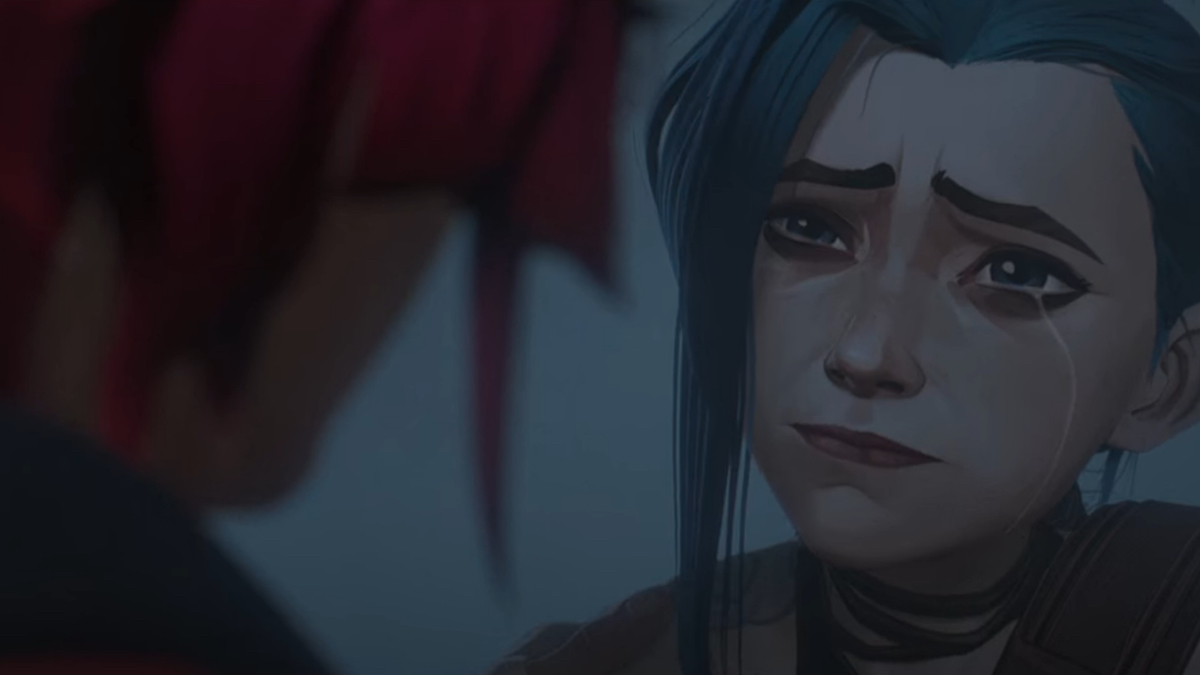
By Arcane episode four, when we see Jinx again, she’s no longer Powder. In fact, the blue-haired teenager has changed quite a bit from her previous self. She’s an even better shot, this time with real guns, and her bombs work perfectly now. She’s a quick thinker and formidable fighter, being fast-moving, flexible, and agile, her movements difficult to predict. However, her mental state has fallen off a cliff, and it doesn’t take much for her to lose her grip on reality.
All it takes is the belief that a loved one doubts her capabilities, or a reminder of a “betrayal” (or the fear of another one occurring) for the line to blur between fantasy and reality. Such is the case when she fires on her own team after encountering a girl who looks like Vi among the Firelights.
During her frequent and dramatic mental meltdowns, she often sees and hears things that aren’t there, chattering nervously to herself and her non-existent companions. Her workroom is filled with “dolls” of long-dead Mylo and Claggor, with whom she sometimes socially interacts, in addition to a stuffed rabbit from childhood. There’s a bullet hole in her mirror and disturbed art all over her walls. She even likes to let off steam by throwing bombs randomly or using gadgets to harm herself.
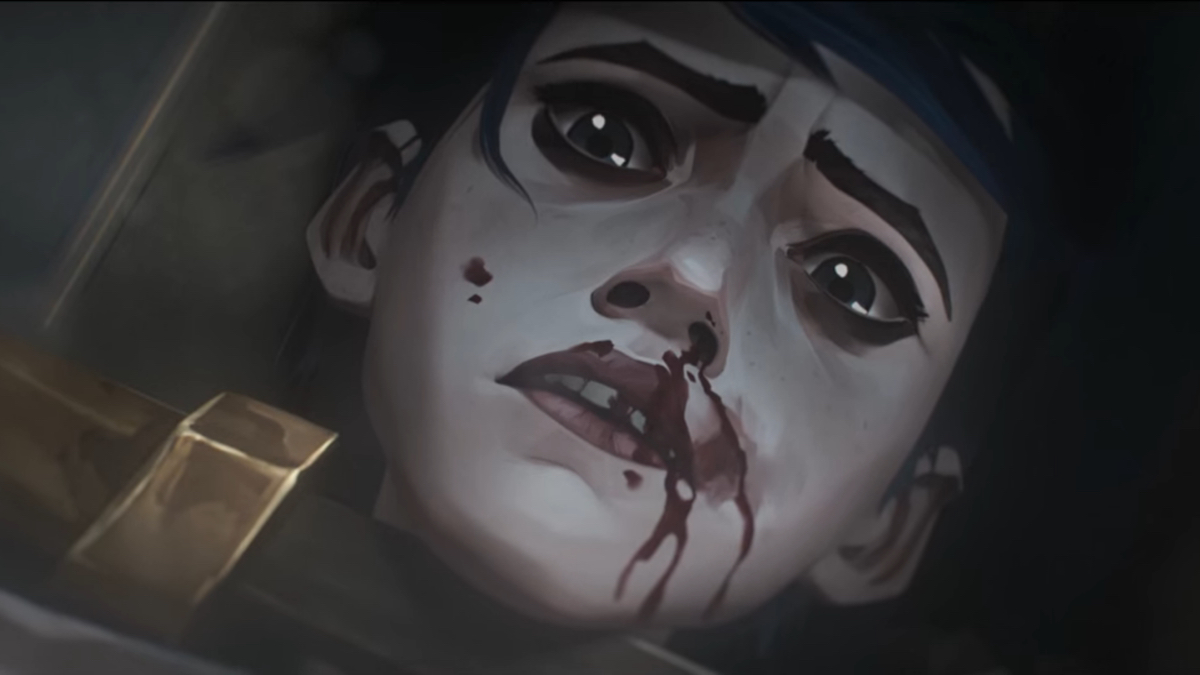
Jinx’s mental health plummets even further after Vi’s return. Her jealousy and paranoia at seeing Vi and Caitlyn together are so great that she’s willing to kill over it. Meanwhile, her conversations with dead family members often culminate in shooting at nothing. Her hallucinations involve picturing Vi as disloyal and Caitlyn as a devil who has stolen her sister’s love.
After Silco has a wounded Jinx injected with Shimmer, she loses even more of her sanity. On the operating table, she is plagued by visions of Vi and Caitlyn’s gleeful smirks as they team up to harm her. Her mental decay finally culminates in the dramatic “tea party” with a captive Vi, Caitlyn, and Silco. She taunts Vi by pretending to have beheaded Caitlyn, argues with and shoots at “doll” Mylo, threatens to shoot Caitlyn dead, and tries to convince Vi to choose which special chair she will sit in (the “Powder” or “Jinx” chair). She also sees the artistic outlines of her deceased family members, hears voices talking to her, and shoots haphazardly until she kills Silco.
All in all, the evidence that Jinx suffers from a mental illness is too great to ignore. It’s also likely that she would have been at odds with Vi anyway. Assuming that her attempt to rescue her family still led to their deaths, it prompts Vi’s apparent rejection and abandonment, leaving her open to Silco’s manipulations. Ultimately, her mental illness simply acts as a source of deeper confusion and frustration, while her violence and aggression stem from the difficult life she has lived. In the end, she’s a victim of tragic circumstances beyond her control, someone to be pitied rather than loathed.


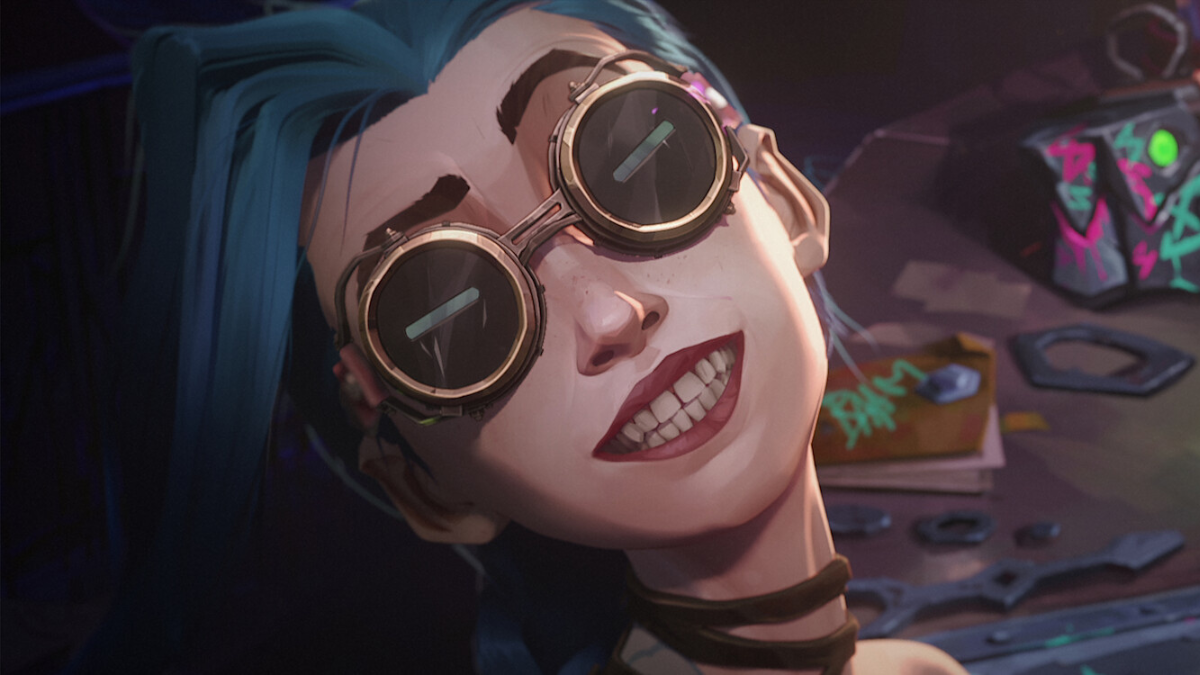





Published: Oct 15, 2022 01:00 pm